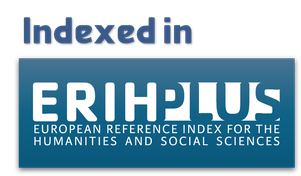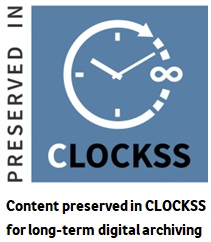Ngũgĩ wa Thiong’o and Boubacar Boris Diop Write an Open Letter to Senegalese President Bassirou Diomaye Diakhar Faye
DOI:
https://doi.org/10.63939/AJTS.0zt41r31Keywords:
Linguistic Colonialism, National Identity, Cultural Sovereignty, Empowerment through Language, DecolonizationAbstract
This open letter, written by renowned African novelists Ngũgĩ wa Thiong’o from Kenya and Boubacar Boris Diop from Senegal, boldly appeals to Senegal’s newly elected young president, Bassirou Diomaye Diakhar Faye, after his 2024 victory. The authors strongly criticize linguistic and intellectual colonialism in Africa and urge a fundamental shift in Senegal’s language, cultural, and development policies. They call for the adoption of African indigenous languages as official state languages to strengthen national identity and cultural independence. More than a policy suggestion, the letter is a revolutionary call to action. It invites a new Senegalese leadership to free African minds from colonial legacies, unlock the potential of the Senegalese people, and establish international relations based on mutual respect and equality, rather than continued subservience to former colonial powers.
Downloads
References
الإحالة البيبليوغر افية على المرجع الأصلي الذي تمت ترجمته│ Bibliographic reference to the original work that was translated
Diaspora Times Kenya. (2024, May). Novelists Ngugi wa Thiong’o and Boubacar Boris Diop write an open letter to Senegalese President Bassirou Diomaye Diakhar Faye. Diaspora Times Kenya. https://bit.ly/3NgugiLetter
Downloads
Published
Issue
Section
License

This work is licensed under a Creative Commons Attribution-NonCommercial 4.0 International License.
As an open-access the journal follows the CC BY-NC 4.0 Attribution-NonCommercial 4.0 International which states that:
- you are free to:
- Share— copy and redistribute the material in any medium or format.
- Adapt— remix, transform, and build upon the material.
- Under the following terms:
- Attribution— You must give appropriate credit, provide a link to the license, and indicate if changes were made. You may do so in any reasonable manner, but not in any way that suggests the licensor endorses you or your use.
- NonCommercial — You may not use the material for commercial purposes.
- No additional restrictions — You may not apply legal terms or technological measures that legally restrict others from doing anything the license permits.












